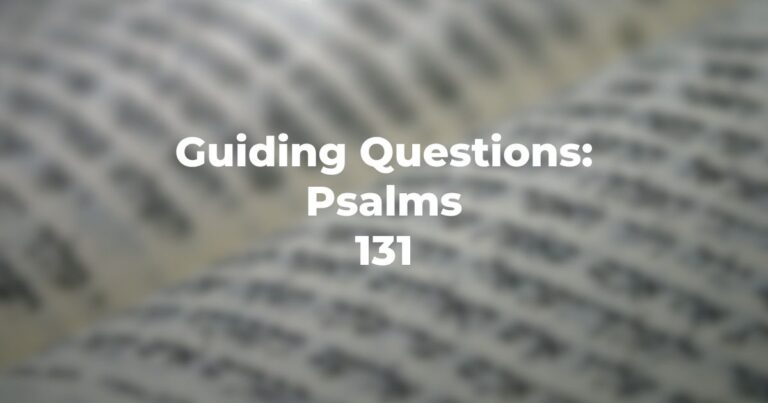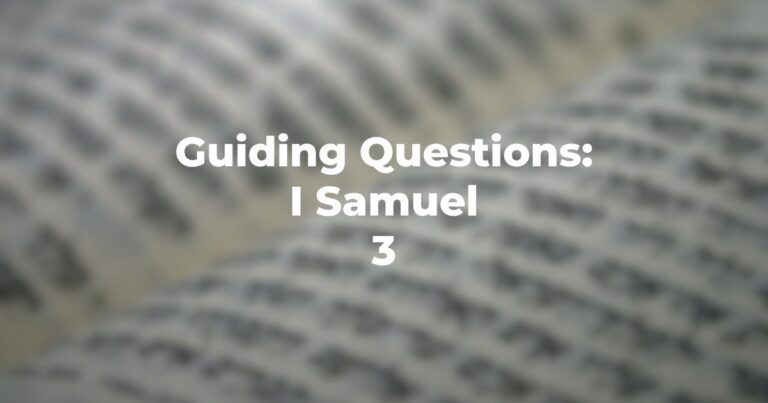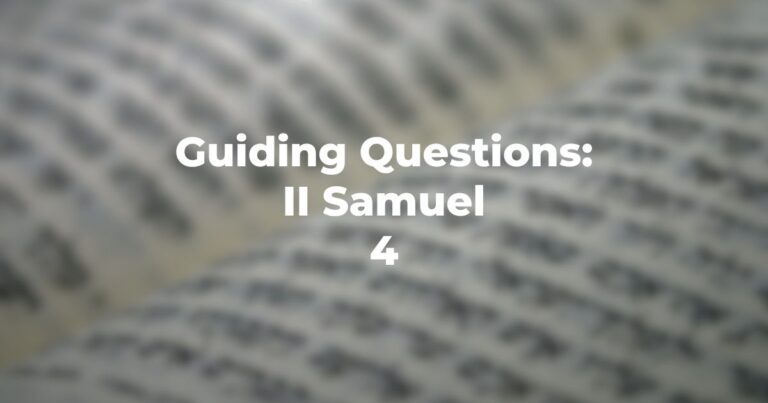- How are the Israelites intensifying their complaints?
- What would (does) the mateh bring to mind?
- What makes of this incident a public demonstration?
- What is Mosheh to do, specifically?
- Who “talks” in Numbers 20:10?
- In spite of failure to specifically follow instructions, what is the result – for the people?
- Is the prediction that Mosheh will not take the Israelites into Eretz Yisrael the same as “he himself will not enter?”
- Is this prediction described as a punishment?
- What is the nature of Mosheh’s failure?
- Had Mosheh failed in this way in the past?
- Does “the prediction fit the failure”; is it “just?”
- Does Mosheh, who argued vigorously for the Israelites on many an occasion, argue (or plead) for himself?
- Does he sulk and/or “resign?”
- Is he rendered inactive by the “Merivah” incident?
- What relationship does TorahRefers to the first five books of the Hebrew Bible, the Tanakh, also called the Five Books of Moses, Pentateuch or the Hebrew equivalent, Humash. This is also called the Written Torah. The term may also refer to teachings that expound on Jewish tradition. Read more see between Edom and the Israelites?
- Why is the message to Edom a synopsis of what happened—and quite selective?
- What does “peaceful passage” mean?
- Why do the Israelites not force their way through?
- Is the reaction of Divinity to this incident recorded?
- Would Numbers 20:14-21 indicate that negotiation is preferable and, in any event, one does not fight with “brothers?”
- Would engaging in conflict be regarded as cowardice or, depending on circumstances, as other?
- Does Aharon select a successor?
- What is Aharon’s closing message to the Israelites?
- What is the (possible) meaning of the transfer of clothing from Aharon to Eliezer?
- What is different in the instance of Miryam’s death and of Aharon’s death? What is the same in the instance of their passing?
- In this chapter, Miryam’s death is recorded tersely without any involvement of Divinity and without mourning recorded and without even a minimal epitaph – what does this imply?
- And in this chapter, when the goal becomes more distant, do troubles multiply?
- Does this text teach that even the rebellious, however noxious their posture, ought to be cared for rather than “punished?”
- And does text indicate that, taunting or otherwise, Divinity is “concerned” for the Israelites since the needs of the people, even rebellious—(not preference but indispensable needs), are so significant that the unusual will occur?
- Should leaders fulfill their charge or embellish it? Is initiative always advisable?
- In connection with the action of Mosheh in this instance, he was specifically instructed, and his action was contrary to the overall ambience and intent, with what result?
- According to Numbers 20:16, is history, even by those who experienced it, always recalled precisely?
- In Numbers 20:22-29 is the text indicating that leaders are judged by their actions, especially in their mature years? For example, Aharon who was older, dies first; has no role in selecting his successor; gives no charge to his successor; he, “the speaker”, does not say one word prior to passing; he does not view the land from afar. What is the text teaching?
- Yet, does the text also teach (Numbers 20:29) that a weak, indecisive leader is usually “loved” (at least) as much as a strong principled leader? Do the masses appreciate the permitter?
Author
-

Exploring Judaism is the digital home for Conservative/Masorti Judaism, embracing the beauty and complexity of Judaism, and our personal search for meaning, learning, and connecting. Our goal is to create content based on three core framing: Meaning-Making (Why?), Practical Living (How?), and Explainers (What?).
View all posts




